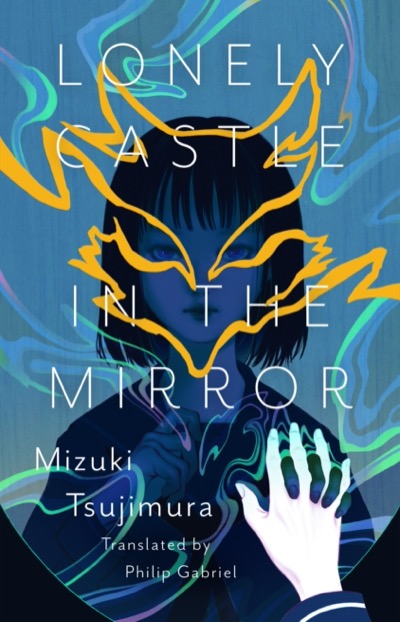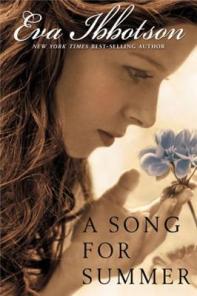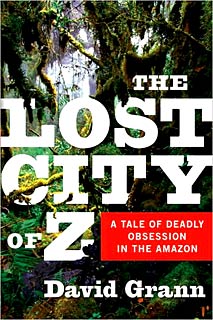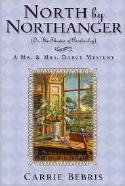This review contains affiliate links, which earn me a small commission when you click and purchase, at no extra cost to you. Thank you for supporting my small business and allowing me to continue providing you a reliable resource for clean book ratings.
Apparently, junior high is rough all over the world. Kokoro lives in southern Tokyo and experiences an emotionally traumatic event during her first few weeks at the largest such school in the city. Her supportive parents do everything they can over the ensuing months to help her, but she becomes a complete shut-in, refusing to leave the house for any reason. Until one day when her bedroom mirror emits a strange glow that she cannot ignore.
This looking-glass becomes a gateway to a fantastic castle where she meets six fellow loners, each of whom also has had difficulties in junior high. They learn they have one year together in this remarkable place, and there are certain rules that have intense consequences when broken. As these melodramatic teens slowly and awkwardly get to know each other, they discover not only a collection of shared situations, but some very dramatic differences as well. Trust is hard to establish for each young person, for multiple reasons, and an underlying mystery becomes more important for everyone as they approach their final weeks together.
When I started this book, it seemed like it was going to be just another “poor me” teenage angst thing, and I was preparing to skim through it out of curiosity. I am very glad I held on long enough to really pay attention as these characters interacted and changed over time. The scattered clues to the underlying mystery were also a big plus, and I will fully admit that I was completely stumped until nearly the very end.
I also found the variety of parental reactions for these seven kids to contribute positively to the overall plot. I could see myself, my own parents, and some of my friends in many of the fictional relatives that were struggling to deal with these broken souls. Most of the school-based adult characters (save one) were pretty thinly drawn, but they are not central to the story anyway.
The Publisher’s Note at the end of the book was sobering, stating that while Japanese children are ranked first in physical health and often live in relatively prosperous economic circumstances, instances of bullying in schools, as well as difficult relationships with family members, lead to a lack of psychological well-being. It further stated that this bestselling narrative is contributing to more open debate on that topic. That is great news.
The resolution and epilogue were both highly satisfying, providing a clean explanation and a comfortable ending. This style of believable and well-written example of the difficulties associated with the first few years of being a teenager works as a solid reminder to us older adults that even when our young friends seem overly upset over seemingly small things, the discomfort is very real for them.
Rated: Mild. Six instances of vain references to Deity, and a dozen scattered mild swear words.




